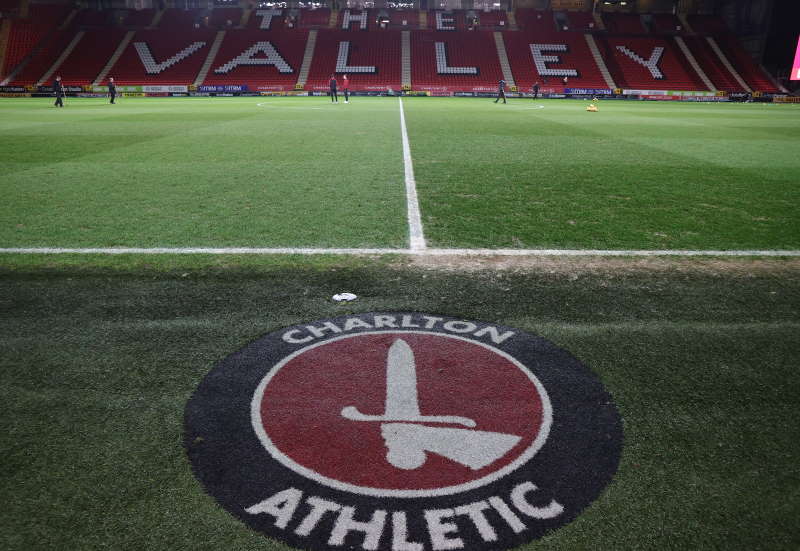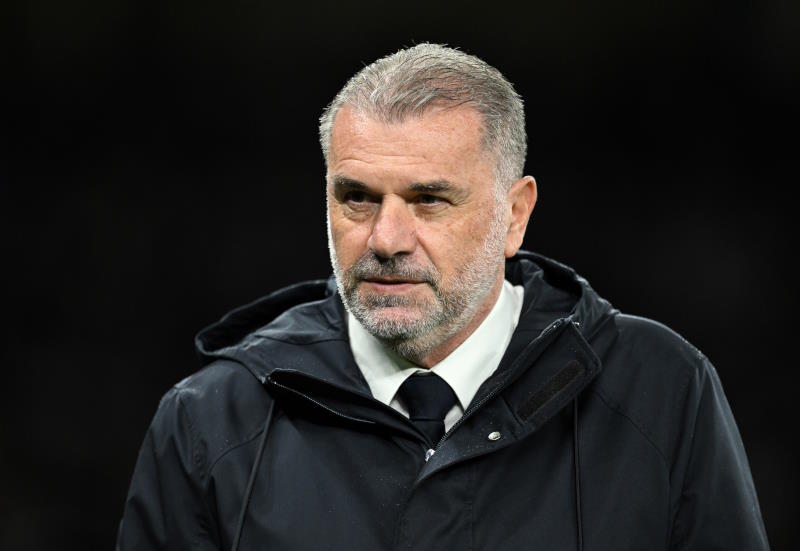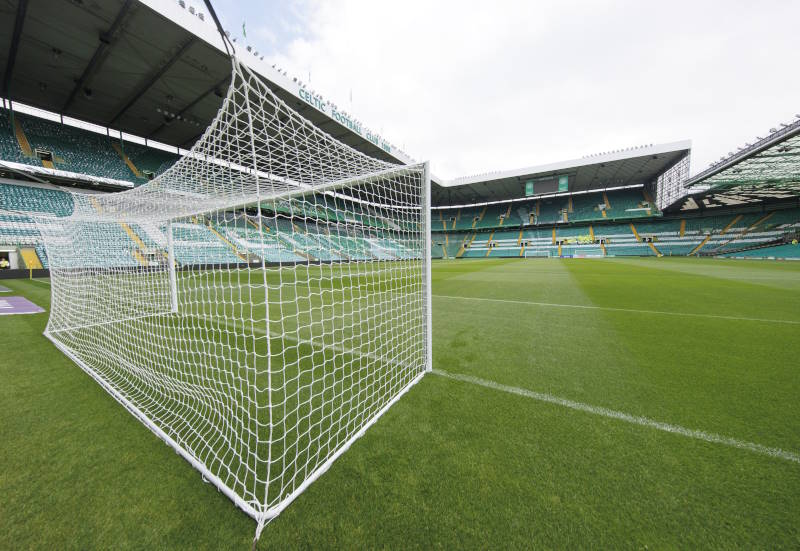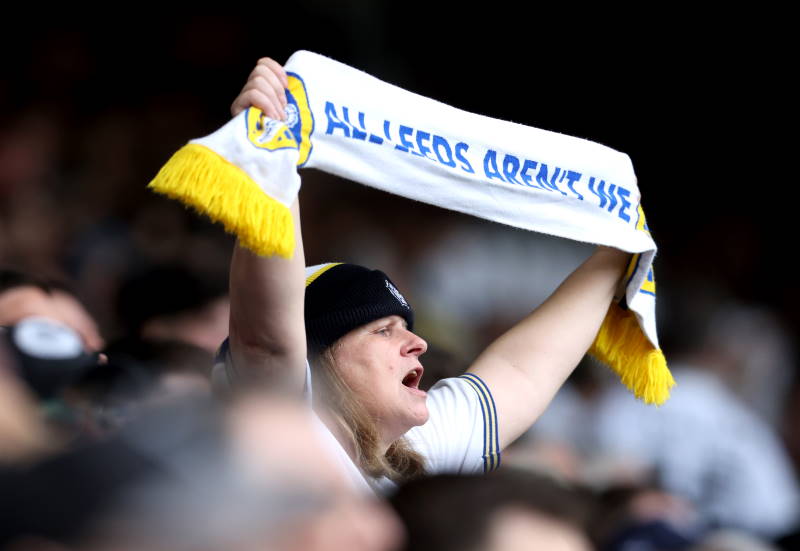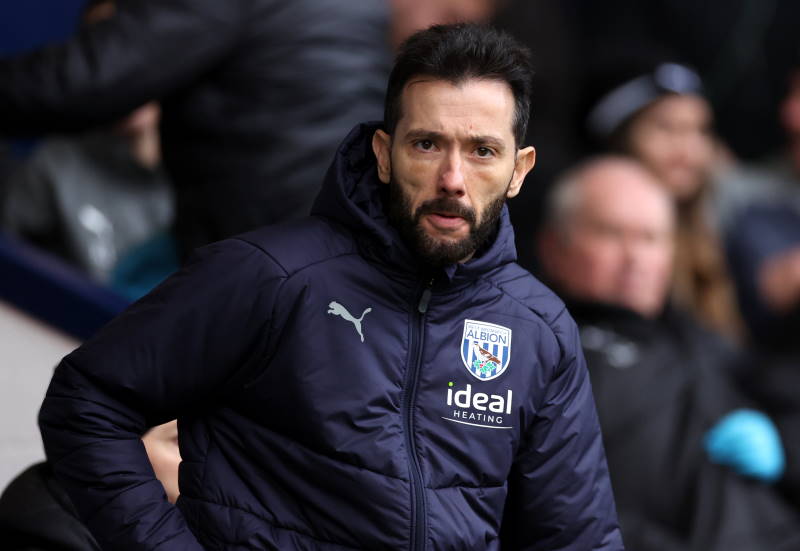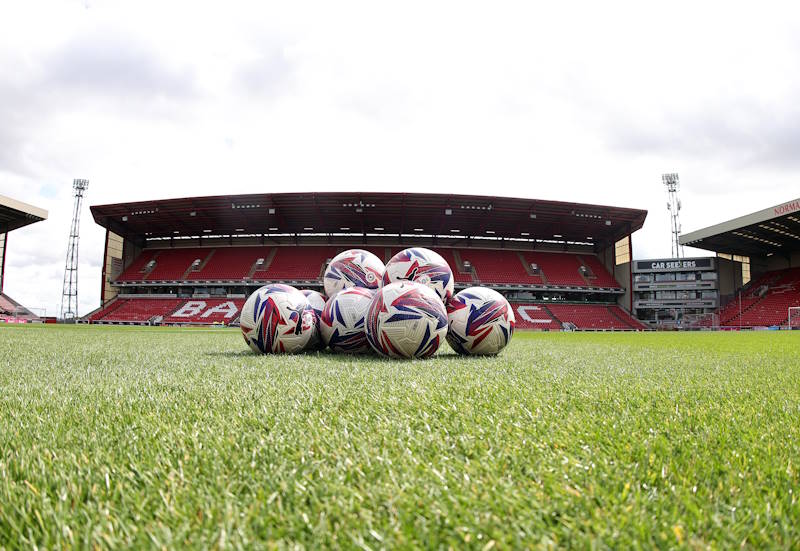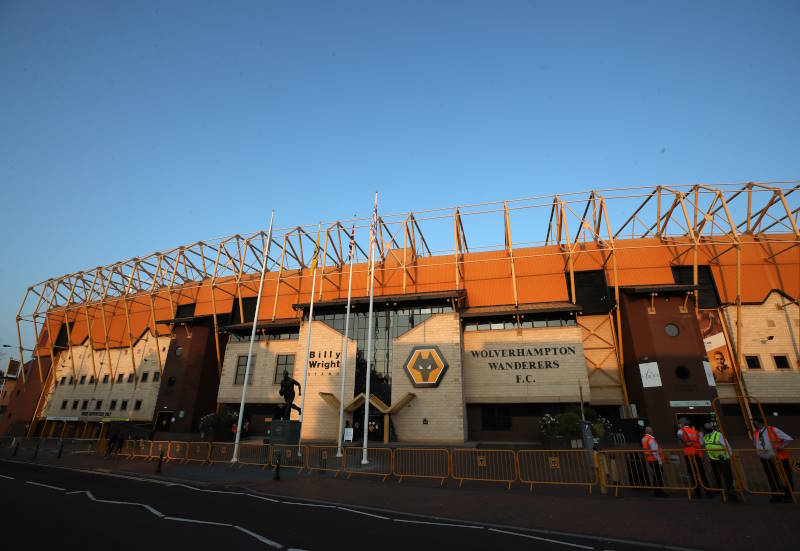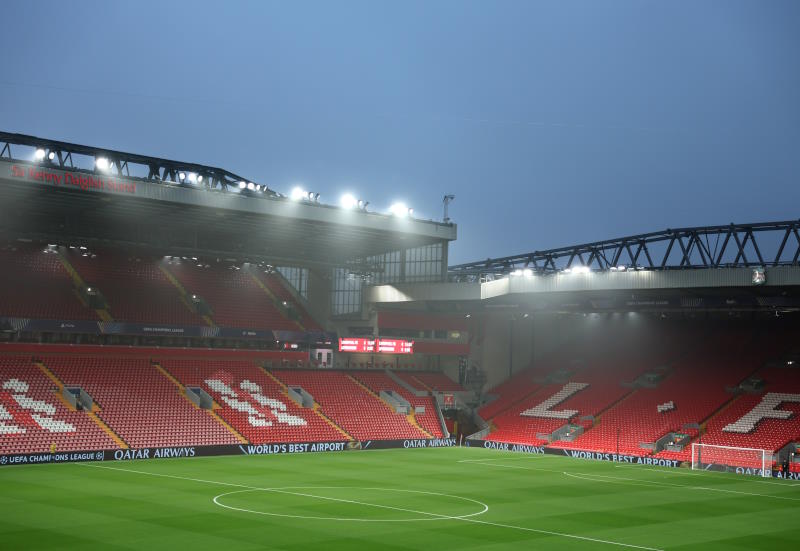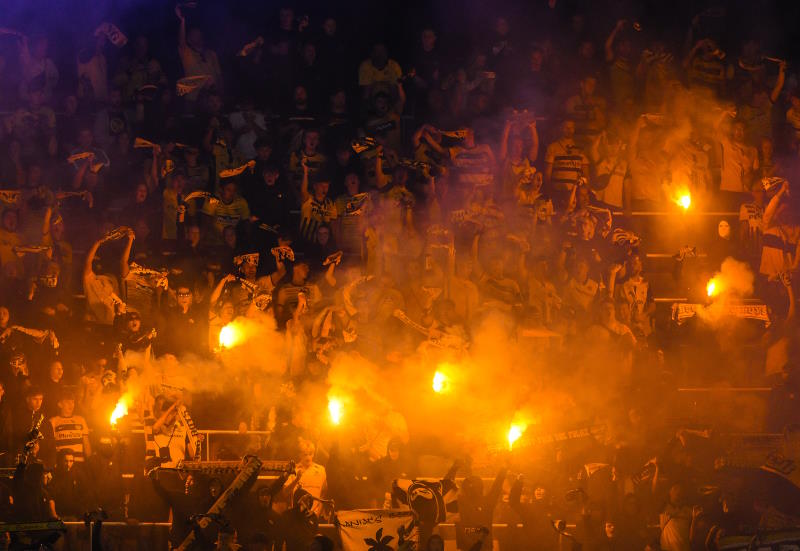
Sometimes it is impossible to explain World Cup exits. What went wrong? Were there problems within the camp that were hidden from the media? How did the team’s fortunes nosedive so dramatically? But Portugal’s second round exit did not fall into that category. It was all too obvious why they had fallen short – a serious lack of firepower.
And as the Portuguese players turn their attention towards grabbing a quick break before the new club season, they will once again be aware that they were one clinical striker short of being serious contenders. It is a familiar tale.
A quick glance at Portugal’s results in South Africa tells the full story. They put seven goals past the hapless North Koreans, but this proved to be misleading as they failed to find the net once in 270 minutes against the Ivory Coast, Brazil and Spain. Without a proven striker, they relied on an ultra cautious game plan – and in the end they were caught out.
Manager Carlos Queiroz cannot be faulted for looking at the squad at his disposal and deciding that a defensive approach seemed to maximise his players’ talent. The organisation defensively was outstanding, led by Bruno Alves and the superb Ricardo Carvalho, with Tiago and Raul Meireles patrolling in midfield. Even the world’s top players found no space to hurt the Portuguese and prior to the crucial loss to Spain, Queiroz’s men had conceded just one goal in 12 games.
If you do not concede, you cannot lose, barring a shoot-out. But Portugal left themselves no margin for error with the system that they employed. Their approach frustrated the Brazilians and it took Spain 82 minutes to conjure David Villa’s winner, but winning five or six games in this manner is a big ask.
Portugal were never going to go all the way in South Africa with such a defensive mindset and such a blunt attack – and even the diehard fans must have realised this. The additional flaw in their tactics was that it would be hard to shift smoothly into Plan B if the opposition scored first. With so much energy used up harrying and pressing, chasing the game was a tall order, as evidenced by the tame finale against Spain.
Sadly, it is far easier to point out the flaws than present a solution. Tournament after tournament, the Portuguese are left to bemoan the lack of a world class striker and it will be the case again over the coming weeks too. So far, there is no saviour on the horizon. Like with England, the fear is that there will be very few new faces introduced to international football on the road to Euro 2012.
Cristiano Ronaldo struggled to thrive in the defence-first system and his body language made his unhappiness clear. He was not at his best this summer and was an increasingly frustrated figure against the Spaniards, but his job was tougher than ever as opponents rightly saw him as Portugal’s sole attacking threat. Each time Ronaldo received the ball and sought to trigger a counter attack, he was met with two or three defenders, particularly against Spain. Yet he will go down as the latest in a long line of big names who flopped in South Africa and drew more negative attention after seeming to spit towards a camera. Speculation is also mounting that Ronaldo could be sacked as Portugal captain.
But it is the forward line that is the real headache for the Portuguese. While Liedson and Hugo Almeida are decent players, Portugal need more clinical international scorers to cash in on their defenders’ stubborn work. And perhaps playing Ronaldo as a central striker regularly would make a difference. Though he is a great outlet on the flanks, he might avoid the midfield swarms if he is leading the line and playing on the shoulder of the last defender. Plus, the Portuguese appear more than capable of producing talented wide players.
At this stage, there are more questions than answers. The last few tournaments have been disappointing for Portugal, especially compared to 2004 and 2006, and there are no guarantees that their fortunes will improve at Euro 2012 or the next World Cup.
In the meantime, the search for a top class striker must continue.


